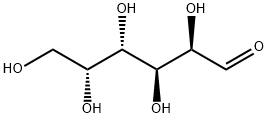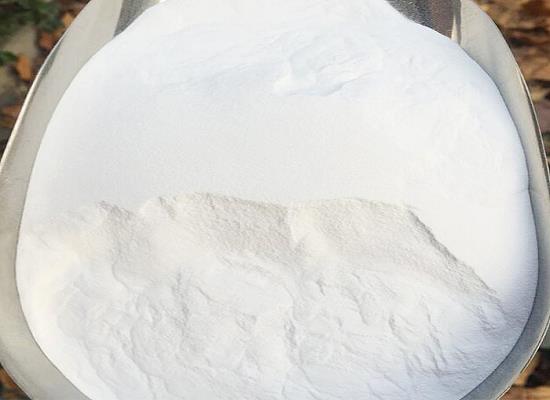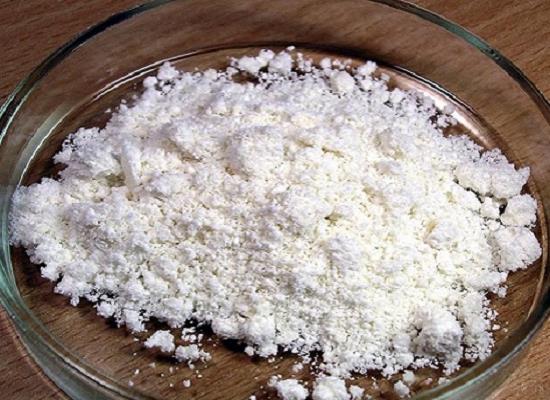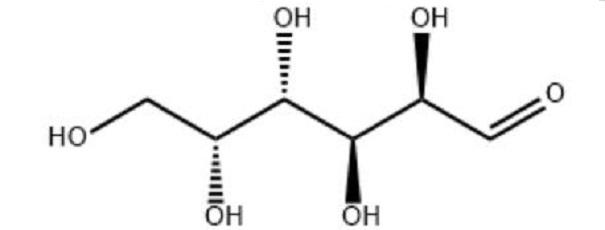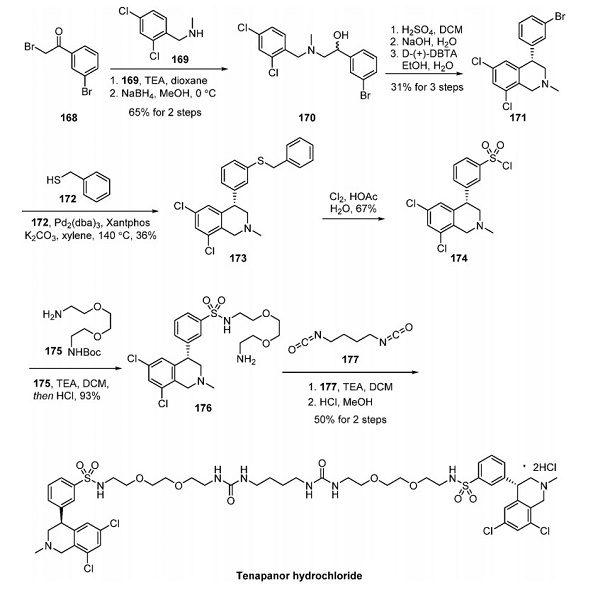What is the difference between D-galactose and D-glucose
Although many monosaccharides are found in living organisms, three hexoses are particularly abundant: D-glucose, D-galactose, and D-fructose. Glucose and galactose are both aldohexoses, while fructose is a ketohexose.
D-glucose, generally referred to simply as glucose, is the most abundant sugar found in nature. Most of the carbohydrates we eat are eventually converted to glucose in a series of biochemical reactions that produce energy for our cells.
D-galactose does not occur in nature in the uncombined state. It is released when lactose, a disaccharide found in milk, is hydrolyzed. The galactose needed by the human body to synthesize lactose is obtained by the metabolic conversion of D-glucose to D-galactose.
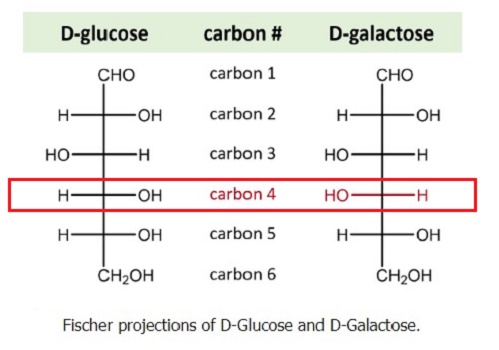
Epimers are carbohydrates that vary in one position for the placement of the -OH group. The best examples are D-glucose and D-galactose. Both monosaccharides are D-sugars, meaning that the -OH group on carbon-5 of these hexoses is located on the right in the Fischer Projection. The only difference between D-glucose and D-galactose is in carbon-4. For D-glucose, the -OH is on the right in Fischer Projection, and the -OH group is on the left for D-galactose. That single difference makes D-glucose and D-galactose epimers. They are not enantiomers, diastereomers, or isomers; they are only epimers.
You may like
Related articles And Qustion
See also
Lastest Price from D-Galactose manufacturers

US $1.00/kg2025-04-21
- CAS:
- 59-23-4
- Min. Order:
- 1kg
- Purity:
- 99%
- Supply Ability:
- 10 mt
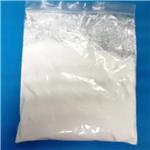
US $999.00-666.00/ton2025-04-21
- CAS:
- 59-23-4
- Min. Order:
- 1ton
- Purity:
- 99%
- Supply Ability:
- 5000
